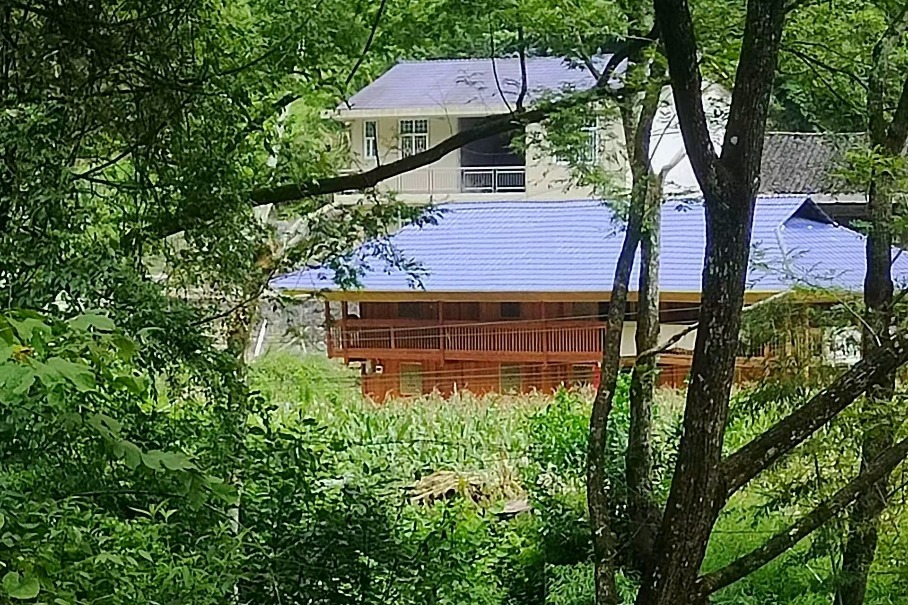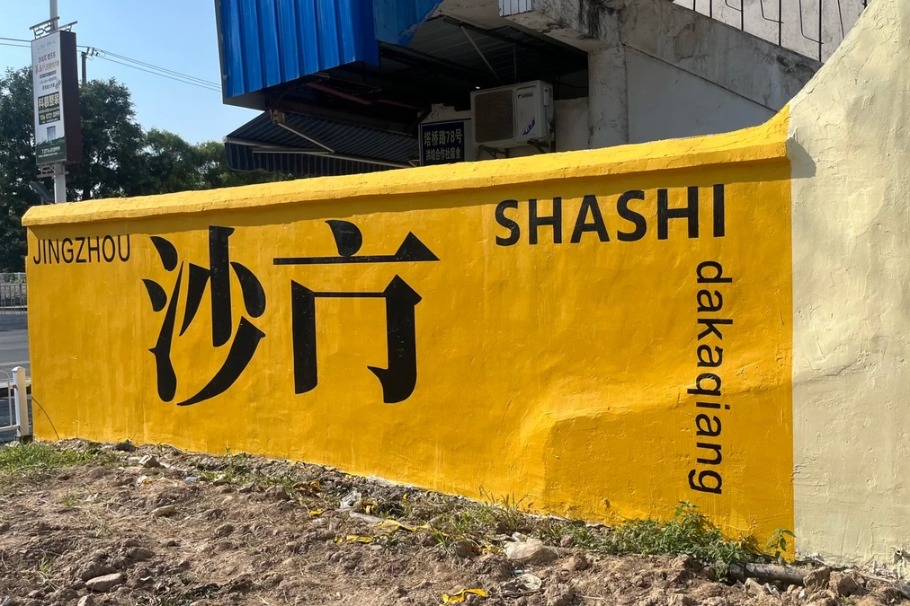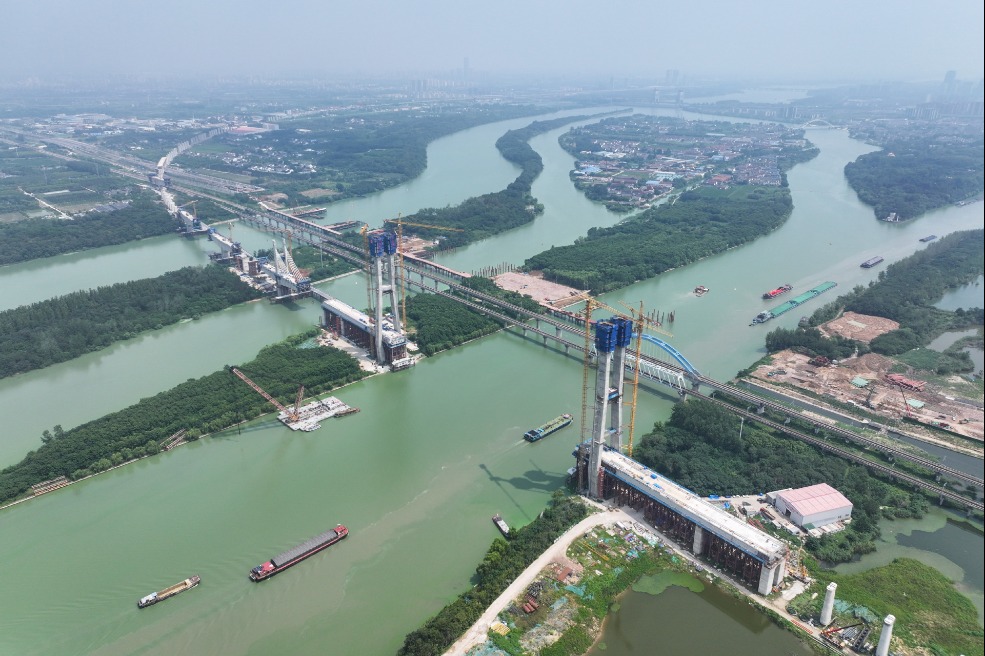China launches remote sensing satellite for Venezuela

JIUQUAN - China launched Venezuela's remote sensing satellite, VRSS-2, into a preset orbit from the Jiuquan Satellite Launch Center in northwest China's Gobi desert at 12:13 on Monday.
The VRSS-2 was the third satellite jointly launched by China and Venezuela, and also the later's second remote sensing satellite. It will be primarily used by Venezuela for land resources inspection, environmental protection, disaster monitoring and management, crop yield estimation and city planning.
The satellite was launched by a Chinese Long March-2D carrier rocket which was designed by Shanghai Academy of Spaceflight Technology.
This was the 252nd flight mission for the Long March rocket family.
In 2008, China launched Venezuela's first satellite -- the Venesat-1, or "Simon Bolivar" -- which carried communications facilities.
In 2012, Venezuela's first remote sensing satellite, the VRSS-1, was launched into space from China.
- Chinese scientists develop high-precision dataset to sustain alpine study
- Chinese researchers quantify global wetland carbon sink
- China's new free preschool policy to save families $2.8 billion, benefit 12 million students
- Chinese university, research institute ink agreement to build future space hospital
- Nine people pulled from Guangzhou landslide site, five remain missing
- China's phased free preschool education to benefit 12 million people this autumn semester





































